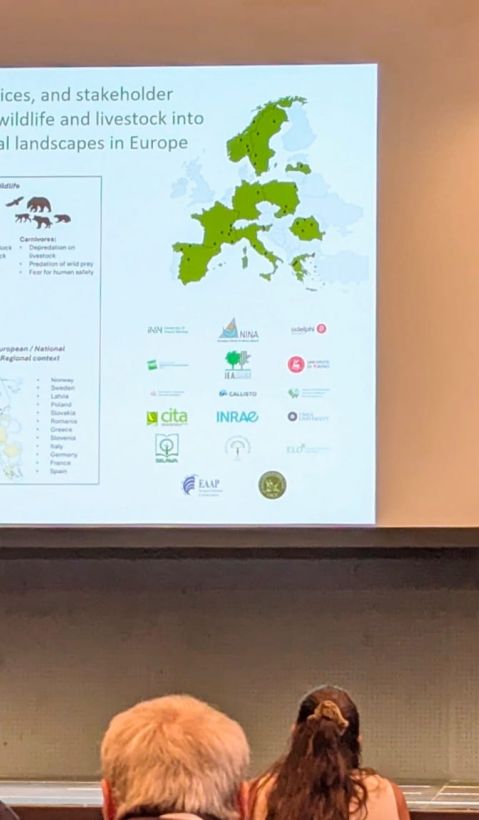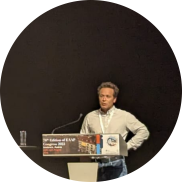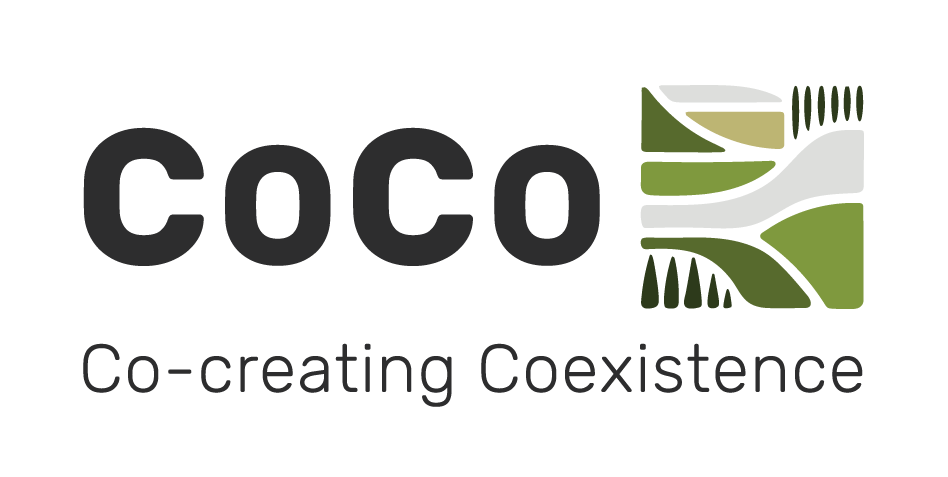
CoCo presents initial findings on livestock vulnerability to large carnivores at the 76th EAAP Annual Meeting
| Date |
Date
|
| Location |
Location
Innsbruck, Austria
|
| Organizer |
Organizer
EAAP
|
The Agri-Food Research and Technology Center of Aragón (CITA), a CoCo-partner, presented the the initial findings of the Spanish CoCo pastoralist survey at the 76th Annual Meeting of the European Federation of Animal Science (EAAP). The annual meeting brought together more than 1,400 international experts in the Tyrolean capital to debate the future of livestock production in Europe.
To gain a better understanding of the relationship between livestock husbandry practices and interactions with wildlife, the CoCo project is conducting a comprehensive survey across 12 European countries. This survey aims to reach 1,000 pastoralists, with a focus on one to three case study regions in each country.
During the EAAP Annual Meeting, Daniel Martín Collado, coordinator of the CoCo project in Spain, presented initial results based on 89 surveys with Spanish pastoralists from Gredos, El Espinar, the northern slopes of the Sierra de Guadarrama, and Picos de Europa.
Shifting Livestock Systems
The preliminary results revealed that an increasing number of pastoralists are moving towards more intensive livestock systems. This change is being driven by market pressures, demands for a better quality of life and the challenges of working in remote areas with complex agroecological conditions and limited political support.
Spain's extensive livestock systems are particularly vulnerable as they have evolved in the absence of large carnivores for many decades. The return of predators puts additional pressure on these systems and requires significant adjustments to farm management. While these changes are feasible and effective, they also increase pastoralists' workload, which many are unwilling or unable to accept.

Towards Shared Solutions: Listening to Pastoralists
The initial findings from Spain suggest that the conflict between livestock farming and wildlife is not only an ecological and economic issue, but also a deeply social and political one. It reflects broader debates about how to manage the coexistence of domestic and wild animals, with different interest groups often holding opposing views. The study found that strategies for coexistence, and how well they are accepted and work, vary between the regions. This highlights the need for locally adapted management approaches that give pastoralists a central role.
Looking ahead, the future of extensive livestock farming will require sharing space with large carnivores. Resolving social and political tensions will be just as important as technical and economic solutions. For coexistence to be possible, agri-environmental policies must recognise and reward the public goods provided by extensive livestock farming. This includes acknowledging the important role extensive livestock farming plays in conserving large carnivores.
